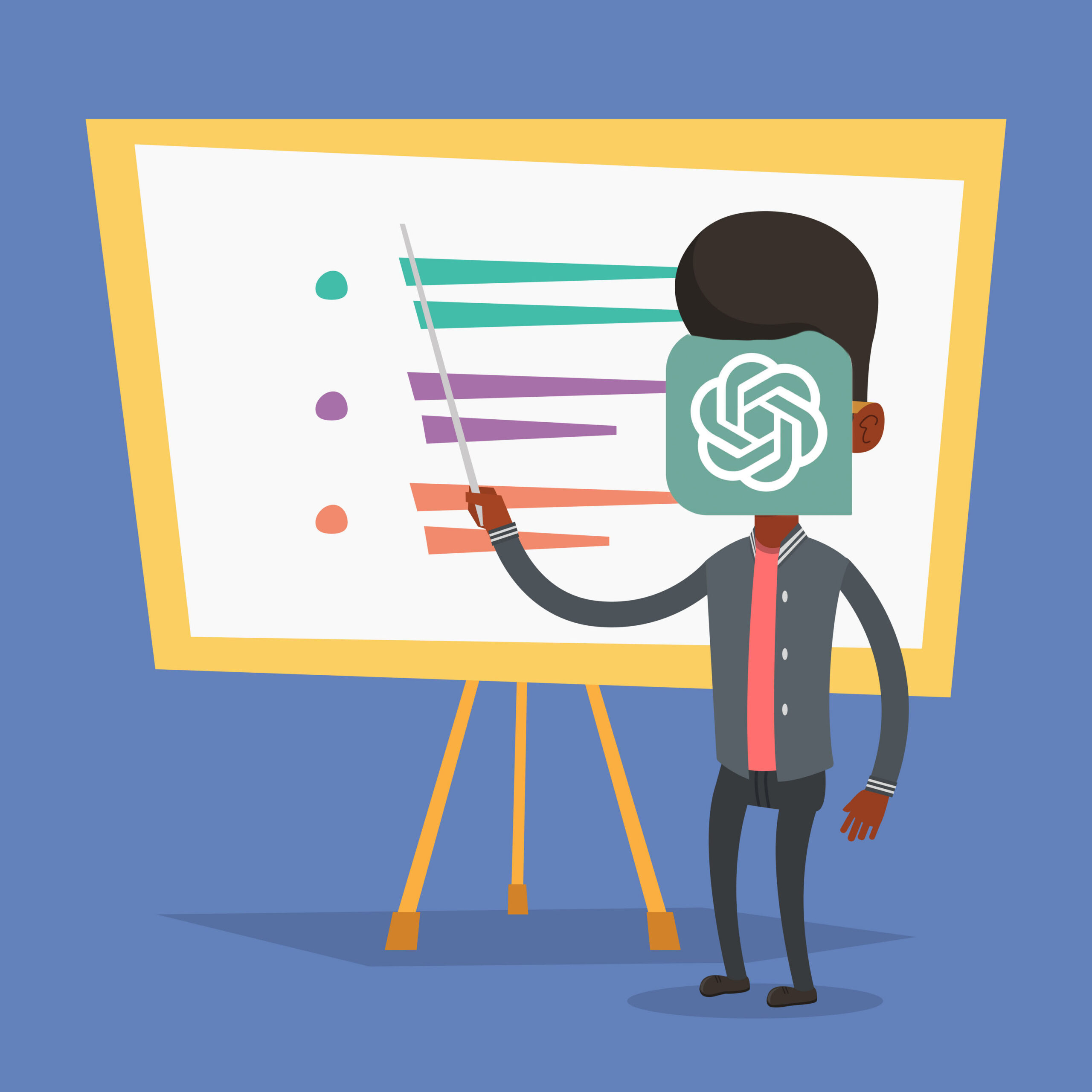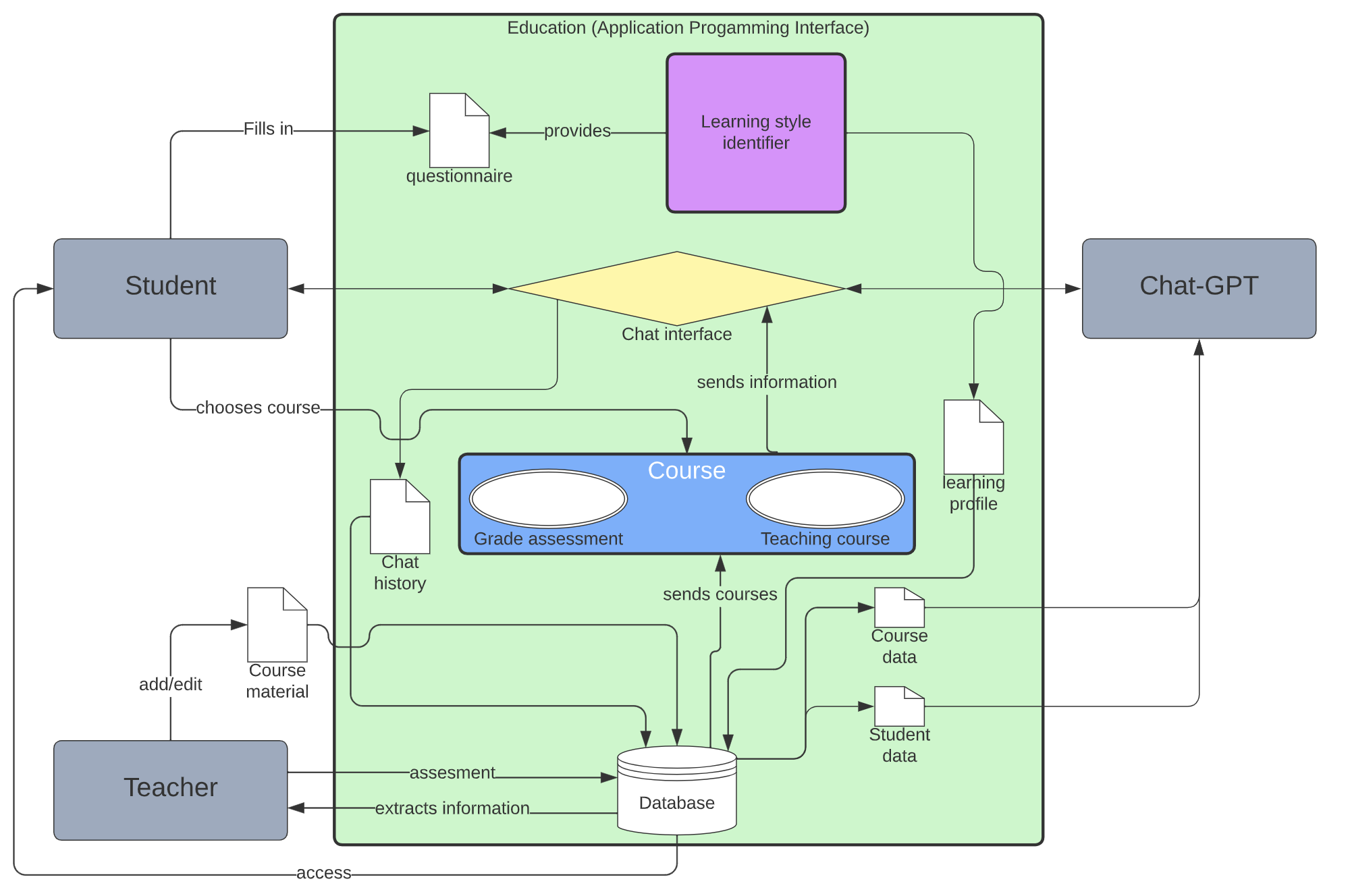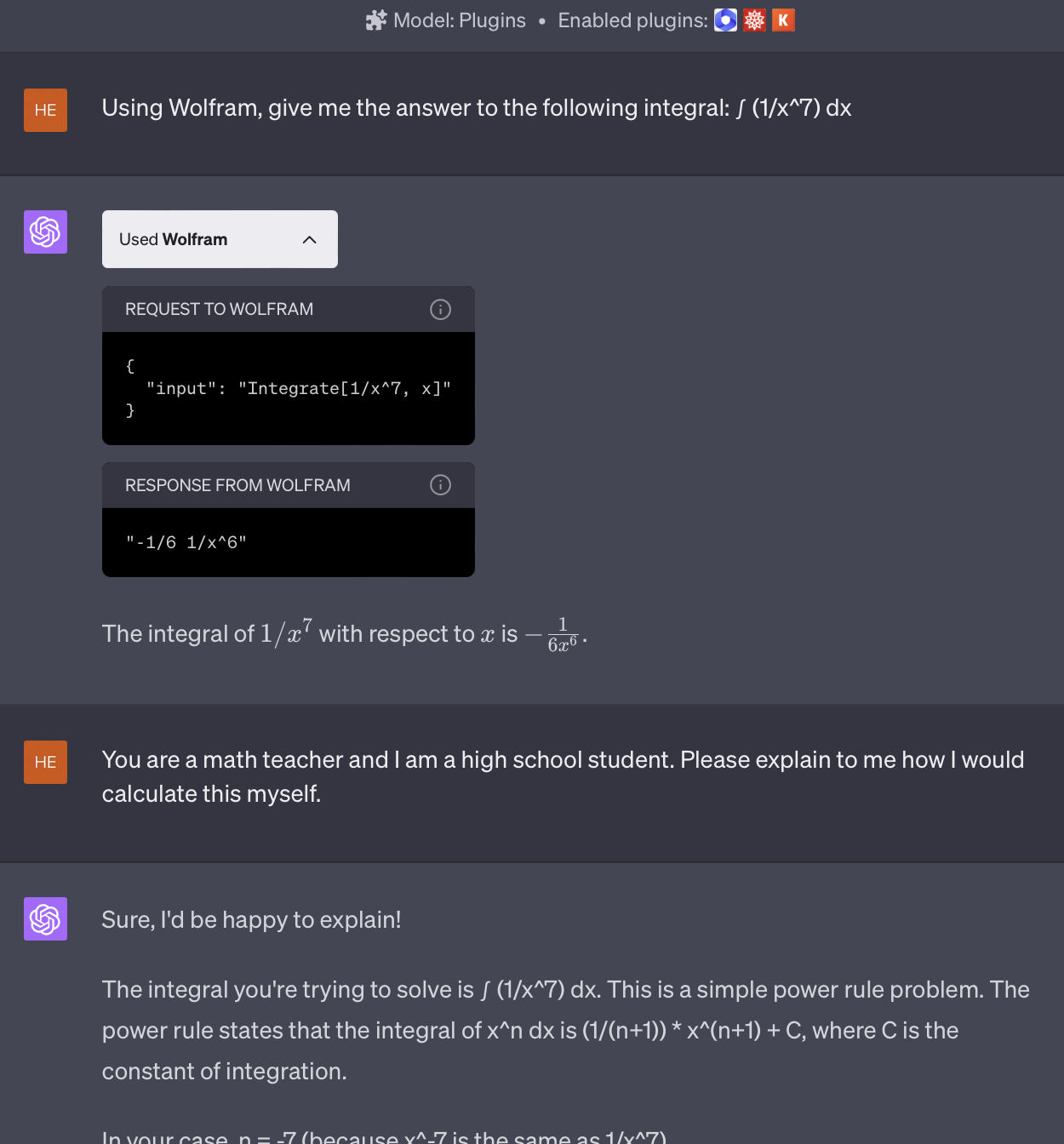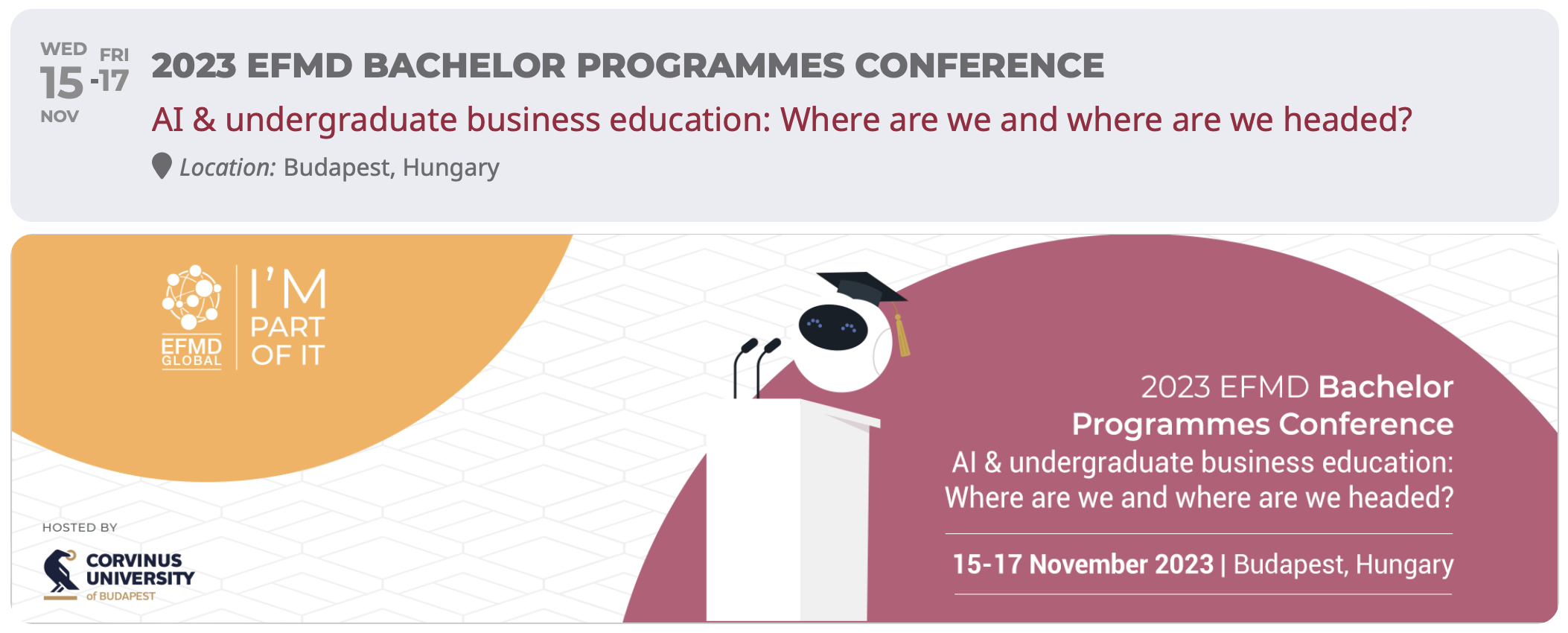




Academic contribution
The Data Innovation Hub is set to make a significant impact at the forefront of educational technology with Dr. Hani Alers’s participation in the esteemed 2023 EFMD Bachelor Programmes Conference in Budapest. This premier event is centered on the pivotal theme of “AI & Undergraduate Business Education: Where Are We and Where Are We Headed?”, providing an international stage for our latest research on AI-Powered Tailored Learning. Dr. Alers will present our breakthroughs in utilizing ChatGPT for personalized and accessible education, demonstrating the synergies between AI technology and the needs of contemporary undergraduate education. The conference is a congregation of academic and industry leaders, offering a vibrant forum for discussing strategic and operational best practices in AI education. Our presence at this conference is a testament to our dedicated pursuit of innovative educational solutions and our role in shaping the future of AI in academic settings. For more information visit the conference website: https://events.efmdglobal.org/events/2023-efmd-bachelor-programmes-conference/




